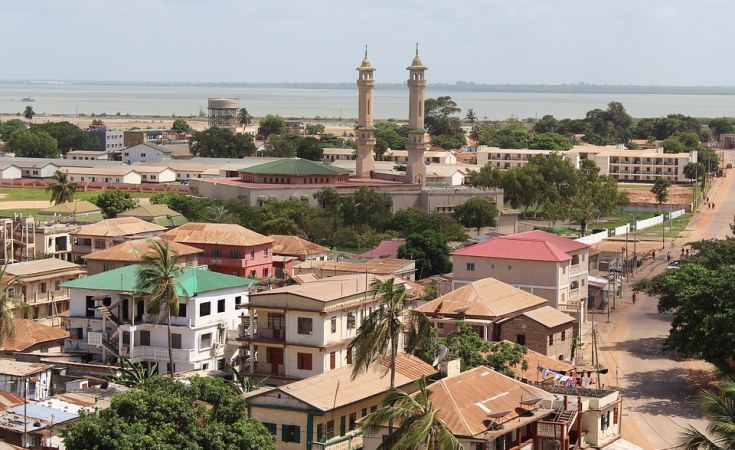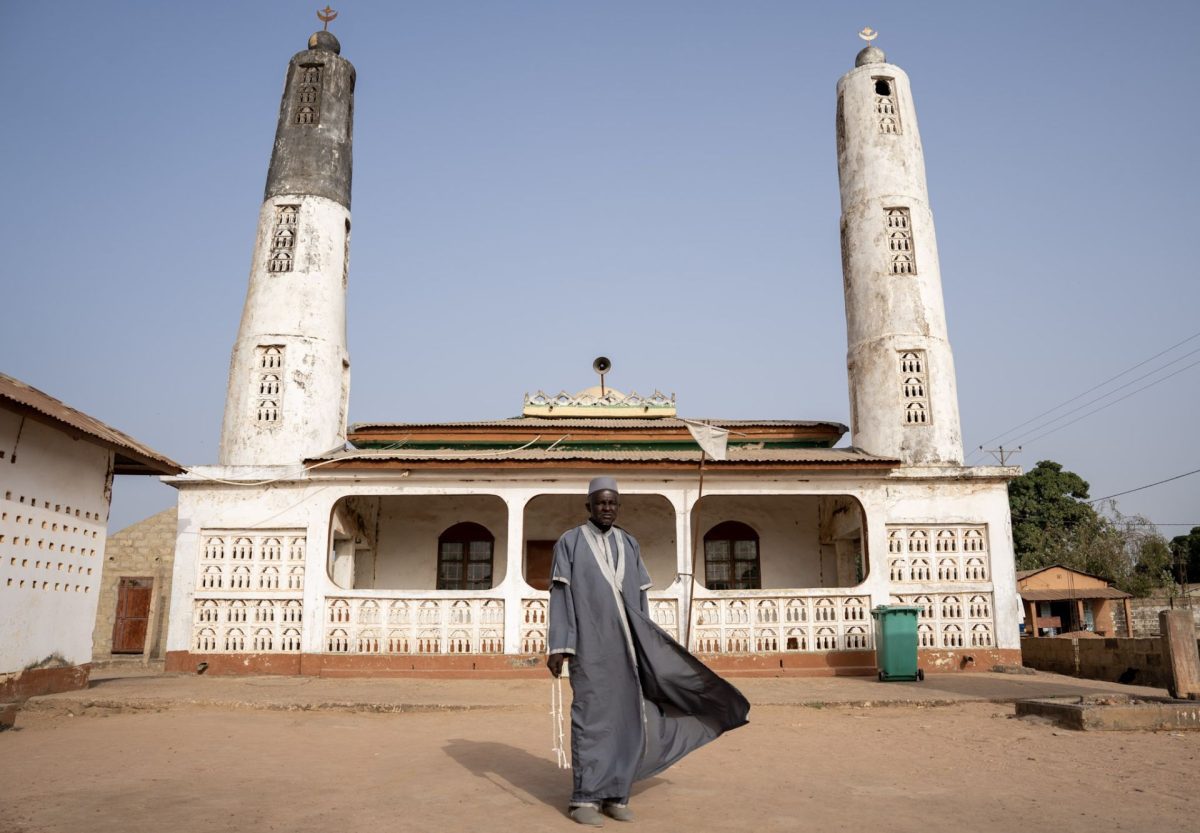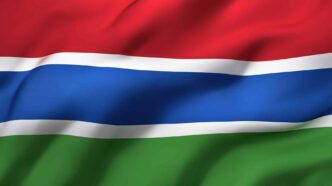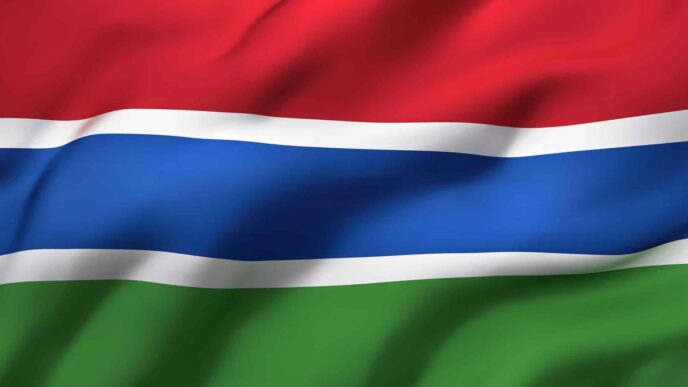More than a decade after the notorious witch hunts orchestrated by former Gambian dictator Yahya Jammeh, a new study has found that many victims still face persistent stigma and social isolation in their communities.
Between 2008 and 2009, hundreds of Gambians – predominantly elderly women – were rounded up under the pretext of purging the country of witchcraft. The victims were taken to secret locations, including Jammeh’s personal compound, where they were subjected to severe abuse, including beatings, rape, and being forced to ingest hallucinogenic substances.
The psychological and social impact of this campaign remains widespread, according to a study published Wednesday in the Journal of Community and Applied Social Psychology. Funded by the United Nations Development Programme (UNDP), the research involved surveys and interviews in five communities most affected by the purges, all located in western Gambia.
Led by Mick Finlay of Anglia Ruskin University in the UK, in collaboration with the University of The Gambia and Nottingham Trent University, the study gathered the views of 153 interviewees and surveyed 128 others. Many respondents believed the witch hunts were politically motivated to silence dissent (89%) and to sow division (87%), yet 25% still maintained that the threat of witches was real.

Belief in witchcraft is deeply ingrained in Gambian society, especially in rural areas where alleged witches are blamed for illness, infertility, financial ruin, and even death. Some even believe they consume children. Jammeh exploited these superstitions throughout his 22-year rule, using them alongside violence and mysticism to keep the population in fear. He was even believed by some to possess supernatural powers.
Unlike typical witchcraft accusations, which are often based on rumour and gossip, these were state-sponsored, making the situation particularly damaging, Finlay explained. Victims, he said, expressed a strong desire for public declarations to clear their names, with many calling on the government to officially affirm that they are not witches.
The study also highlighted calls for reparative measures to restore victims’ reputations. “Really simple things in terms of mending people’s reputations need to happen after dictatorships and war,” Finlay told AFP.
According to The Gambia’s Truth, Reconciliation and Reparations Commission (TRRC), which investigated human rights violations committed under Jammeh’s regime from 1994 to 2017, at least 41 people died as a result of the witch hunts. Others suffer from long-term health problems due to the toxic brews they were forced to consume, as well as from physical abuse.
The 2022 research also found that victims are often ostracised, mocked, and excluded from community life. “People tend to avoid us,” one survivor said. “We don’t go to their funerals or their naming ceremonies.” This social exclusion has extended to the families and wider communities of those accused.
Jammeh had brought in self-proclaimed witch hunters from Guinea and Mali to assist in the campaign, supported by his vigilante “Green Boys and Girls” and the military. Many victims were detained in the southern village of Kanilai, Jammeh’s home, and subjected to degrading rituals.
The precise motivation for the purges remains unclear, though it is believed Jammeh thought witches were responsible for his aunt’s death.
Researchers noted that while a broad mix of community members took part in the study, those willing to discuss their experiences may be over-represented, while individuals still fearful of witchcraft may have opted out.
After losing the 2016 presidential election to Adama Barrow, Jammeh fled The Gambia in January 2017 and has lived in exile in Equatorial Guinea since.


 Trending
Trending 



